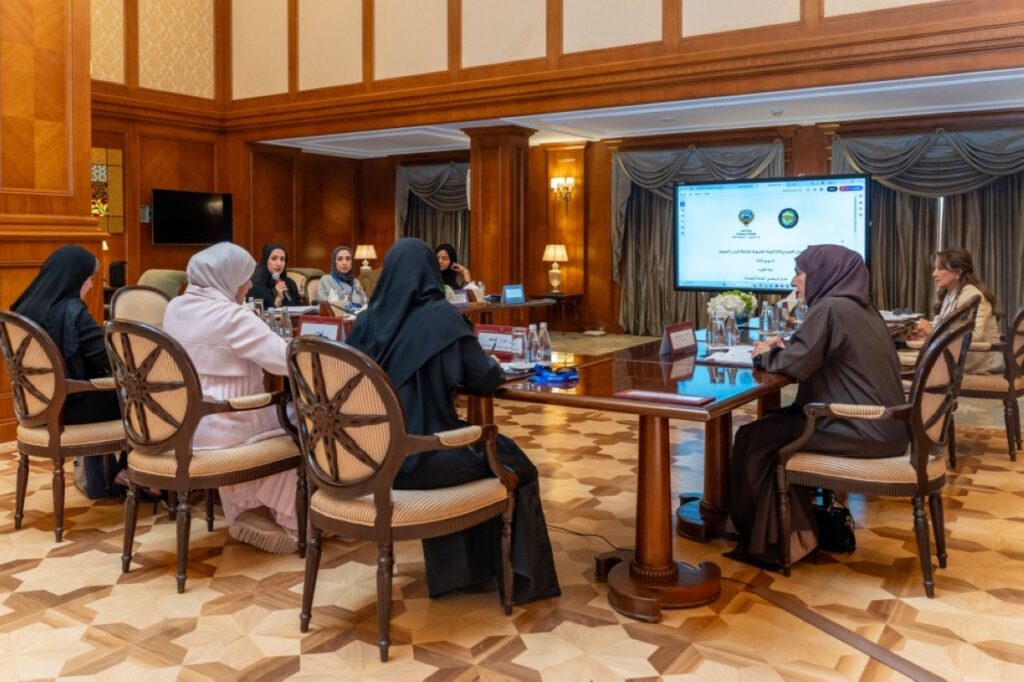KUWAIT: A senior Kuwaiti health official has emphasized the need for unified Gulf efforts to accelerate progress in the Healthy Cities initiative, a regional program that integrates health into urban planning to improve quality of life and drive sustainable development. Speaking at the 24th meeting of the GCC Joint Committee on Healthy Cities, Dr Amal Al-Yahya, Director of the Ministry of Health’s Healthy Cities Department, said cross-border collaboration and coordination among sectors are critical for advancing public health, expanding community participation, and achieving the Sustainable Development Goals (SDGs). “The Healthy Cities initiative offers a powerful platform for joint action between ministries, municipalities, civil society, and the private sector,” Dr Al-Yahya said. “It enables us to create environments that support health, sustainability and social equity.”
The meeting, attended by Gulf representatives, focused on advancing health-promoting commercial complexes — malls and markets designed with public health in mind — and moving from national pilot projects to a unified GCC-wide approach. Dr Al-Yahya noted that achieving this requires good planning, capacity building, and the adoption of standardized models and evaluation mechanisms.
The committee reviewed recommendations from the Second Kuwait Healthy Cities Conference held in February and explored how to translate those into actionable plans. Dr Al-Yahya emphasized the need to register more cities under WHO’s Healthy Cities framework and strengthen the role of civil society in supporting long-term health and environmental outcomes.

Dr Amal Al-Yahya
Kuwait’s Healthy Cities
Kuwait is steadily expanding its participation in the WHO Regional Network of Healthy Cities, with Fintas becoming the country’s 21st registered area earlier this week. The signing ceremony, led by Ahmadi Governor Sheikh Humoud Jaber Al-Ahmad Al-Sabah, was attended by Dr Al-Yahya, who confirmed Fintas’ official inclusion. According to the Ministry of Health, the Healthy Cities initiative in Kuwait goes beyond traditional healthcare settings by addressing social determinants of health — such as urban design, education, and access to green spaces — that impact daily life.
According to the United Nations, a “healthy city” is not one that is already healthy, but one that commits to improving the living environment for all residents. The WHO defines such cities as places that prioritize health in urban planning, promote community participation, and support equitable access to services. In practical terms, this translates into cleaner air, accessible public spaces, walkable neighborhoods, better waste management, and greater community voice in local planning. It also means investing in infrastructure that encourages healthy lifestyles — like bike lanes, green areas, and inclusive services for youth, the elderly, and people with disabilities.
As Kuwait moves forward with its goal to increase the number of certified healthy cities to 10 fully recognized urban areas, it is also pushing complementary programs like health-promoting universities, elderly-friendly public infrastructure, and smart, sustainable retail spaces. — Agencies

